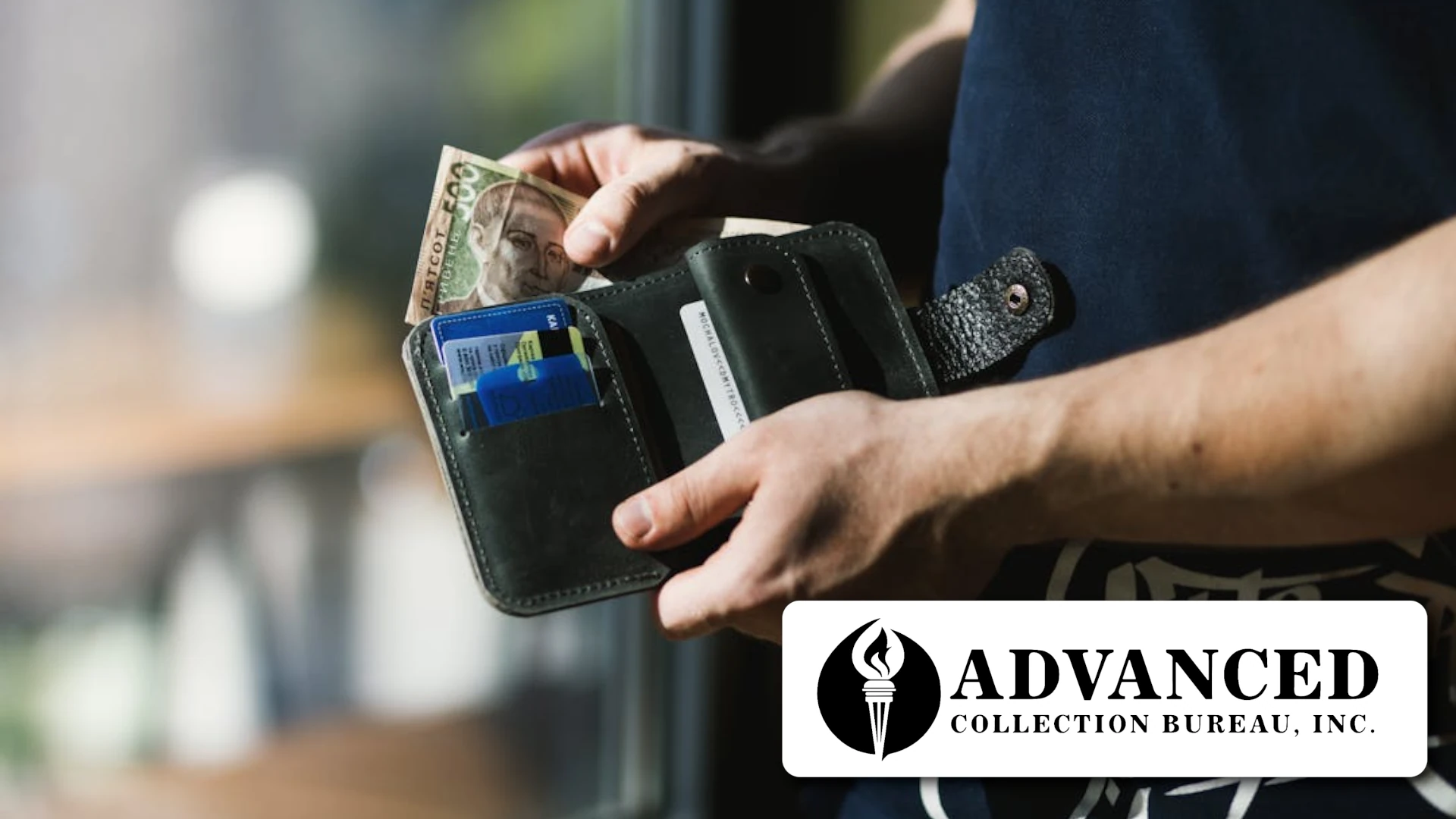When payments stop coming in, the question every business owner or landlord eventually faces is simple: who collects debt? While some try to handle collections on their own, others turn to professionals to recover what they're owed. But there’s more than one type of debt collector—and knowing who does what can help you make the right decision.
In this guide, we break down the different players in the debt recovery world, how each one operates, and what kind of results you can expect from working with a trusted agency like Advanced Collection Bureau (ACB).
The Main Players in Debt Collection
Debt collection isn’t a one-size-fits-all service. Different types of collectors step in at different points in the process. Here’s a breakdown of who typically collects debt:
In-House Collections
Some landlords, medical offices, or property managers attempt to collect debts internally. This usually includes sending reminder notices, calling past-due tenants, or offering payment plans. While this approach works for some, it can be time-consuming and emotionally draining—especially when debtors stop responding.
Third-Party Collection Agencies
When internal efforts fail, most businesses turn to third-party debt collection agencies. These agencies specialize in contacting debtors, negotiating repayment, and reporting delinquent accounts to credit bureaus. At ACB, we take it a step further by using advanced skip tracing, reporting twice per month, and handling communication professionally and legally.
Third-party agencies are often paid on a contingency basis, meaning they only earn if they recover your money. This makes them a lower-risk option for many landlords and service providers.
Debt Buyers
Some companies sell their unpaid accounts to debt buyers. These buyers purchase portfolios of unpaid debt at a discount and then attempt to collect on their own. While this can provide fast cash, it usually means accepting pennies on the dollar—and giving up control over how your debtors are treated.
Debt Collection Attorneys
If a debtor refuses to pay or disputes the amount owed, legal action might be necessary. Debt collection attorneys can file lawsuits, obtain court judgments, and enforce wage garnishments or liens. However, their fees are usually higher, and legal cases can take months or even years to resolve.
To explore this option further, read our post on Debt Collection Attorneys: When to Hire One.
Why Businesses Choose Collection Agencies First
In most cases, third-party collection agencies provide the best balance of speed, compliance, and results. Agencies like ACB handle the communication, persistence, and legal complexity—so you don’t have to.
Here’s what sets ACB apart from the average agency:
- No fees unless we collect
- Credit bureau reporting twice per month
- Advanced skip tracing technology
- Strict adherence to FDCPA and state laws
- Real humans answer the phone during business hours—no outsourcing
This approach has helped countless landlords, property managers, and business owners recover thousands in unpaid balances.
To see how this works in practice, check out our blog on How a Debt Collection Agency Can Help Recover Lost Revenue.
When Should You Bring in a Collector?
Timing matters in collections. The longer a debt goes unpaid, the harder it becomes to collect. If you’ve reached 30 to 60 days past due with no payment, it’s time to escalate.
And if a tenant has already moved out owing rent or fees, your chances of recovery drop fast without professional help. ACB uses skip tracing tools to locate these tenants—even when they’ve changed numbers, jobs, or cities.
We also support property managers with strategies that prevent delinquency in the first place. Learn more in our post on The Benefits of a Proactive Approach to Apartment Debt Recovery.
What to Look for in a Debt Collection Partner
Not all collectors are created equal. When choosing who should collect on your behalf, look for:
- A proven track record in your industry
- Transparent fee structures (no hidden costs)
- Legal compliance and ethical communication
- Technology that enhances recovery (credit reporting, skip tracing, data analytics)
- A company that answers the phone when you call
Advanced Collection Bureau delivers on all fronts. With over 25 years of experience, 100% U.S.-based staff, and a no-collection-no-fee model, we’re one of the most trusted names in rent and property-related debt recovery.
Need to recover unpaid rent or invoices fast?
Let ACB handle it. We collect legally, respectfully, and with no upfront costs.
Work with ACB today and get back what you’re owed.














